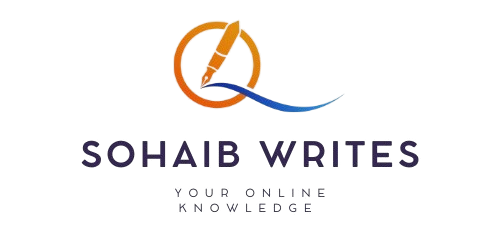Facebook has completed its acquisition of the mobile messaging service WhatsApp for about $22 billion, up from $19 billion when the cash-and-stock deal was announced earlier this year, owing in part to the soaring price of Facebook shares.
Jan Koum, the co-founder and CEO of WhatsApp, was named to Facebook’s board on Monday. WhatsApp is by far the greatest purchase for the Menlo Park, California-based corporation, surpassing any deals made by Google, Microsoft, or Apple.
The price Facebook was willing to pay aroused eyebrows when the deal was revealed on February 19, but analysts agreed that acquiring the popular site made sense. The deal, which includes cash, shares, and restricted stock issued to WhatsApp employees, is worth $21.8 billion based on Facebook’s stock price on Monday.
WhatsApp allows users to connect with their phone contacts both individually and in groups. It also allows consumers to transmit texts, photographs, videos, and audio recordings via the Internet, as well as text or phone people in other countries without incurring high fees. The service is free to use for the first year and then costs $1 per year thereafter. There is no advertising.
Facebook, which has its own mobile messaging software, Messenger, intends to preserve WhatsApp as a separate service.
The European Union’s antitrust watchdog approved the deal on Friday.
Facebook’s stock rose 32 cents to $77.76 in afternoon trade on Monday.
Facebook has completed its acquisition of mobile messaging service WhatsApp in a deal valued $21.8 billion, up from the original $19 billion price tag, thanks in part to the social network giant’s soaring stock price since February.
Menlo Park, California-based Facebook said Monday that WhatsApp co-founder and CEO Jan Koum has joined its board of directors. WhatsApp is by far Facebook’s largest acquisition, surpassing anything Google, Microsoft, or Apple has ever done.
The deal’s worth raised eyebrows when it was revealed on February 19, but analysts said it makes sense for Facebook to acquire the popular messaging service.
WhatsApp has grown significantly, particularly in Brazil, India, Mexico, and Russia. It has almost 500 million users.
Jan Koum, the co-founder and CEO of WhatsApp, was named to Facebook’s board on Monday. WhatsApp is by far the largest purchase for the Menlo Park, California-based company, surpassing any deals done with Google, Microsoft, or Apple.
When the buyout was revealed on Feb. 19, the price that Facebook was willing to pay aroused eyebrows, but analysts agreed that acquiring the iconic web page made sense. The purchase, which includes coins, stock, and limited equity provided to WhatsApp employees, is worth $21.8 billion, according to Facebook’s stock price on Monday.
WhatsApp has grown rapidly, particularly in developing nations such as Brazil, India, Mexico, and Russia, and today boasts over 500 million users.
WhatsApp allows users to chat with their smartphone contacts both individually and in groups. It also allows humans to transmit texts, photographs, videos, and voice recordings over the Internet, as well as text or name persons in foreign countries without incurring high charges. The service is free to use for the first 12 months and costs $1 per year after that. There is no advertising or marketing.
Facebook, which calls its cellular messaging software Messenger, intends to keep WhatsApp as a separate service.
On Friday, the European Union’s antitrust watchdog certified the deal. Facebook’s stock rose 11 cents to $77.56 in afternoon trade on Monday.
FAQs
Did Facebook purchase WhatsApp?
Ans. Yes, Facebook purchased WhatsApp. The acquisition was announced on February 19, 2014, for a total of approximately $19 billion in cash and stock. This deal was one of the largest tech acquisitions at the time.
When did Facebook purchase WhatsApp?
Ans. The acquisition was announced on February 19, 2014, for a total of approximately $19 billion in cash and stock.
Why Facebook purchase WhatsApp?
Ans. Facebook acquired WhatsApp for a variety of strategic reasons:
WhatsApp had a vast and quickly rising user base, especially in areas where Facebook penetration was low. Facebook’s acquisition of WhatsApp helped it reach out to new users.
Messaging Dominance: Facebook’s acquisition of WhatsApp boosted its stronghold in the messaging industry. Facebook already owned Messenger, and adding WhatsApp enabled it to dominate the messaging app industry.
Data and Insights: WhatsApp offered Facebook with significant information on user behavior and communication patterns, which could be used to improve Facebook’s services and advertising targeting.
Future Growth Potential: WhatsApp’s emphasis on simplicity and privacy appealed to users. Facebook saw potential in WhatsApp’s commercial model, especially its subscription service and the ability to integrate business and financial services.
Competitive Advantage: Acquiring WhatsApp stopped rivals from obtaining a major footing in the messaging sector. This was a strategic move to mitigate challenges from other technology companies.
You can also read
For more information, please visit and subscribe our homepage



